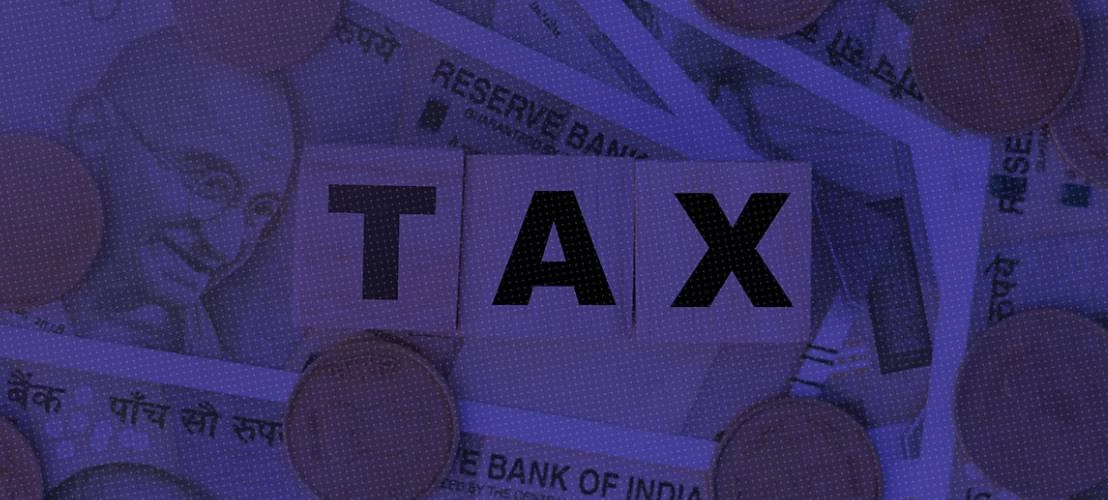The Division Bench of the Delhi High Court has held that for patents, unreasonable conditions in agreements of licensing, abuse of status as a patentee, inquiry in respect thereof and relief that is to be granted therefor, are all to be governed by the Patents Act, 1970 and not by the Competition Act, 2002. The Court was hence of the view that Competition Commission cannot exercise jurisdiction over actions of an enterprise that are in exercise of their rights as Patentee.
The Court in Telefonaktiebolaget LM Ericsson v. Competition Commission of India, for this purpose, held that Chapter XVI of the Patents Act is a complete code in itself on all issues pertaining to unreasonable conditions in agreements of licensing of patents, abuse of status as a patentee, inquiry in respect thereof and relief that is to be granted therefor.
It disagreed with the contentions of the Competition Commission of India that as per the provisions of Section 3(5)(i)(b) and Section 4 of the Competition Act, only the CCI can consider whether a condition imposed in an agreement licensing a patent is unreasonable, i.e., such as would cause an appreciable adverse effect on competition within India, or an abuse of dominant position.
According to the Court, the inquiry that the CCI proposes to conduct in respect of an assertion of patent rights is nearly identical to that which the Controller will conduct under Chapter XVI of the Patents Act.
The High Court in is decision dated 13 July 2023 observed that the legislative intent was apparent in the Patents Act, especially as amended by the 2003 Amendment which introduced Chapter XVI after the Competition Act was enacted. It noted that the inclusion of Section 84(6)(iv) in the Patents Act by way of an amendment, after the Competition Act was passed with Section 3(5)(i)(b), is particularly instructive of the above legislative intent as regards anti-competitive agreements.
Observing that the subject matter was not merely anti-competitive agreements and abuse of dominant position, but the anti-competitive agreements and abuse of dominant position by a patentee in exercise of their rights under the Patents Act, the Court held that the Patents Act, and not the Competition Act, was a special statute, for this purpose.







